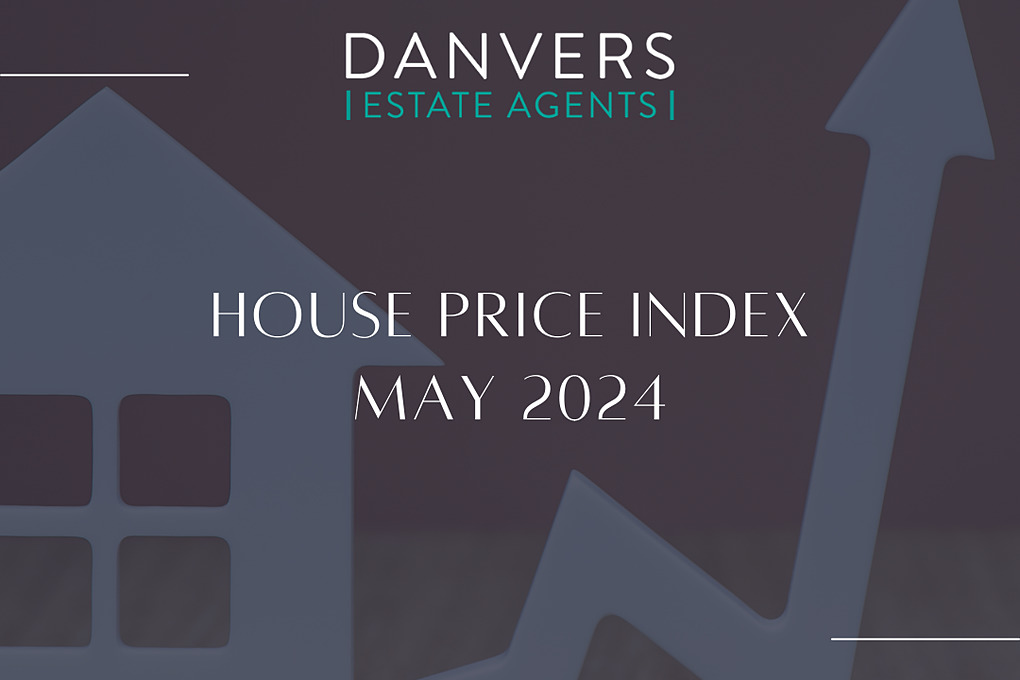Overview
The UK housing market has seen a modest decline in house prices over the past year, with a 0.1% drop. Despite this, market activity is on the rise with increased supply and more sales being agreed upon. Here's the latest update from the Zoopla House Price Index for May 2024.
Current House Price Trends
As of April 2024, the average house price in the UK is £264,300. This figure has remained stable month-on-month but represents a slight year-on-year decrease of 0.1% (£210).
Key Figures
Property Price Changes by Type
In February 2024, the average price for all property types in the UK was £263,600. This figure rose slightly to £264,300 in March 2024 and remained unchanged in April 2024. Year-on-year, the average price for all property types fell by £210, a decrease of 0.1%.
For detached houses, the average price in February 2024 was £446,400. It dipped to £445,800 in March 2024 but increased to £447,300 by April 2024. Compared to the previous year, the average price for detached houses dropped by £2,450, marking a decrease of 0.5%.
The average price for flats in February 2024 was £190,700. This decreased slightly to £190,400 in March 2024 but rose to £190,800 in April 2024. Year-on-year, the price for flats decreased by £1,200, representing a decline of 0.6%.
Semi-detached houses had an average price of £269,600 in February 2024. This figure slightly decreased to £269,100 in March 2024 but increased to £270,100 by April 2024. Year-on-year, the average price for semi-detached houses increased by £1,500, which is an increase of 0.6%.
For terraced houses, the average price was £233,000 in February 2024. This increased to £233,700 in March 2024 and slightly decreased to £233,600 in April 2024. Year-on-year, the average price for terraced houses increased by £2,000, representing an increase of 0.9%.
Long-term Trends
Over the past decade, the average UK house price has increased from around £175,000 in April 2014 to £264,300 in April 2024.
Regional Variations
The UK housing market shows a clear divide between the southern regions and the rest of the country. Southern England has experienced small annual price falls, whereas other parts of the UK have seen modest gains. At the city level, house price inflation varies significantly, from -3% in Ipswich to +3% in Belfast. Coastal cities and those that experienced high demand during the pandemic have seen above-average price falls as these one-off factors fade.
Increased Market Supply
The number of homes for sale is at its highest in eight years. The average estate agent now has 31 homes for sale, a 20% increase from last year. The supply of 3 and 4-bedroom family homes has surged, contributing to a 25% increase in the total value of homes for sale, now at £230 billion.
Many homeowners who delayed moving due to higher borrowing costs are now re-entering the market as mortgage rates decline. It's important to note that 31% of homes currently for sale were listed in 2023 but did not sell, with 43% of these reducing their asking prices by more than 5% to attract buyers.
Sales Activity
Sales volumes are recovering, with a 13% increase in homes achieving sale agreements compared to last year. However, the supply of homes for sale is growing faster than sales, providing more choices for buyers. Notably, the South West has seen a 33% increase in homes for sale, partly driven by tax changes affecting holiday lets and second homes.
Impact of the General Election
The upcoming general election on July 4, 2024, is expected to create some uncertainty and may slow new sales agreements. However, with 392,000 homes in the sales pipeline (3% more than last year), ongoing transactions are unlikely to be affected significantly. The desire to move remains strong, especially among first-time buyers and those seeking to upsize.
While the election may temporarily affect market activity, it is not expected to have a major long-term impact. Political parties are focusing on housing supply reforms and the private rental sector, which could influence market dynamics post-election.
Future Outlook
The increase in housing supply is likely to keep house price inflation in check for the remainder of 2024. The current annual UK house price inflation is slightly negative at -0.1%. Although there was a 0.4% increase in house price inflation over the last quarter, this growth has slowed recently. Consequently, house prices are expected to remain flat throughout the year.
Overall, the combination of increased supply and steady demand is balancing the market, providing a more stable outlook for buyers and sellers alike.
 Like
Like